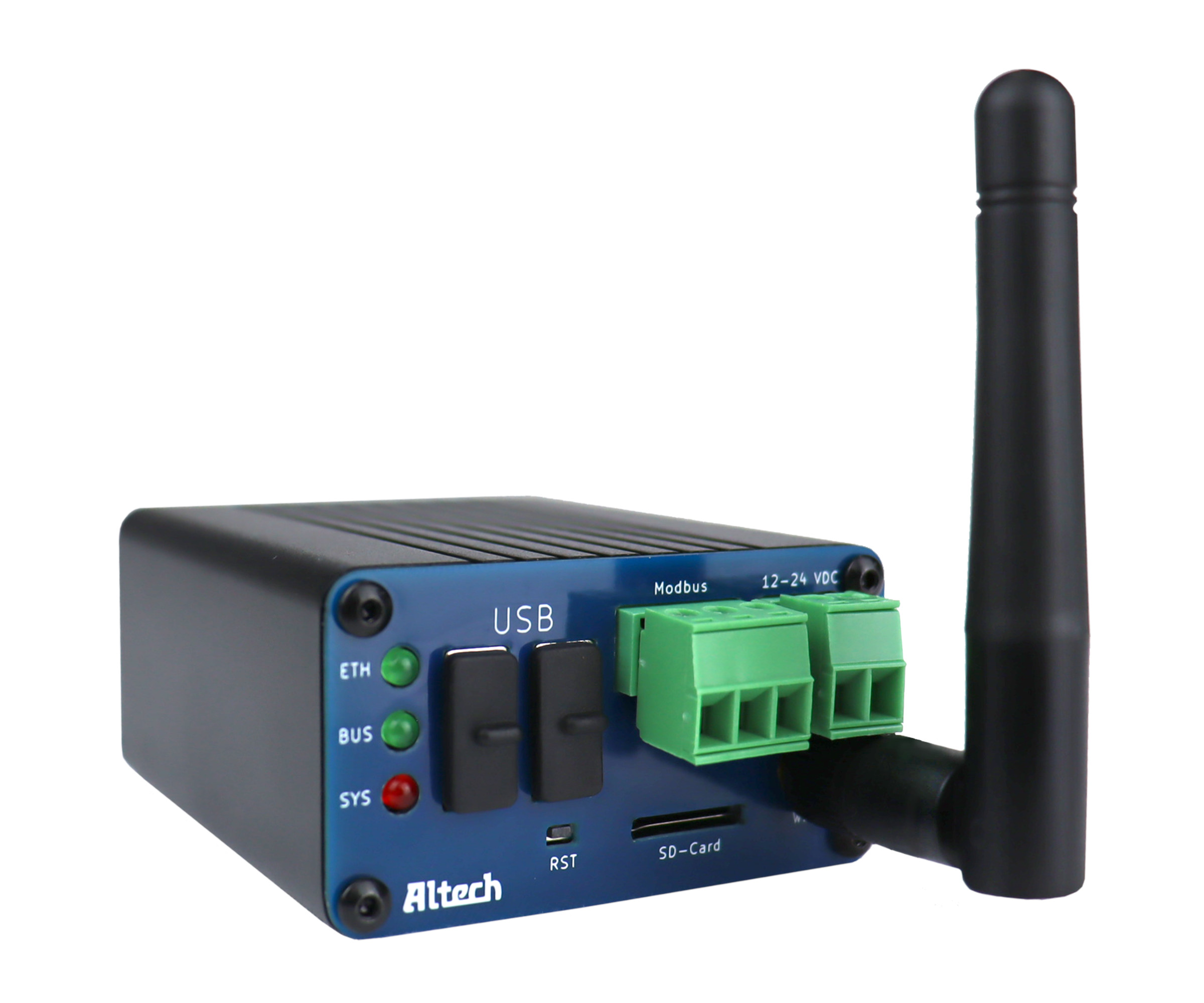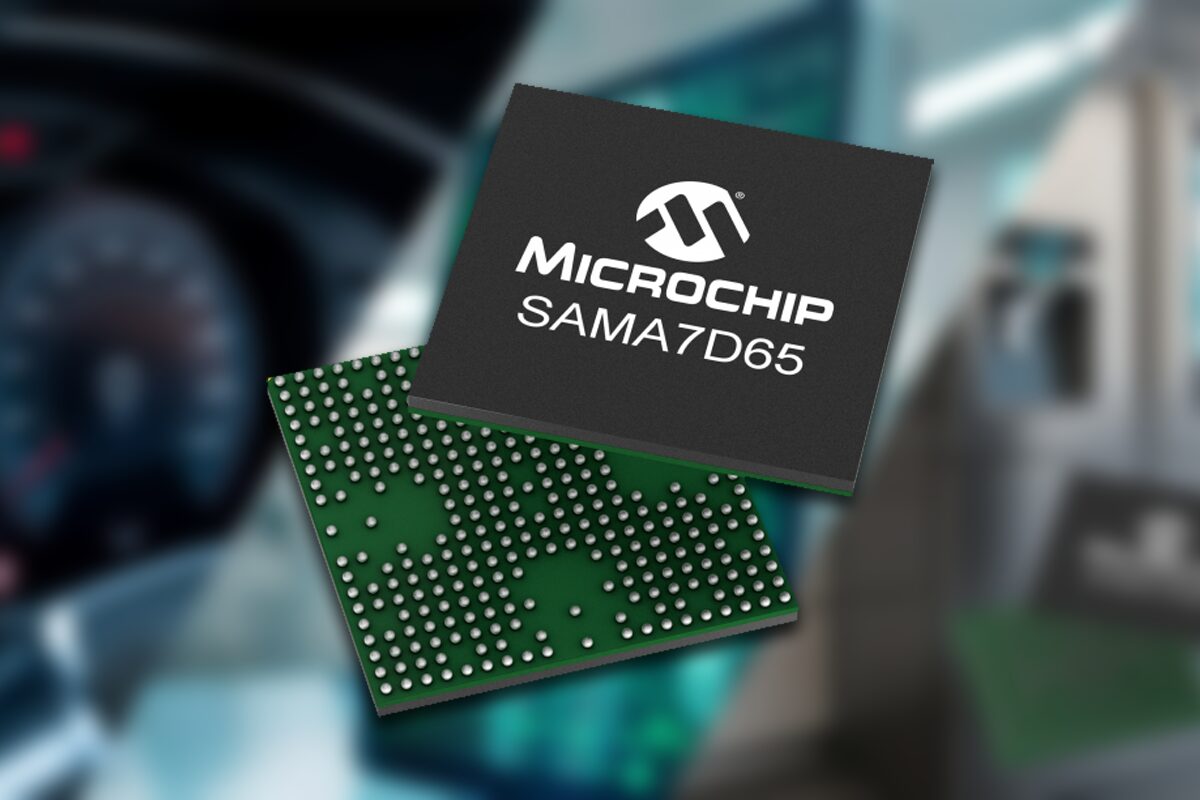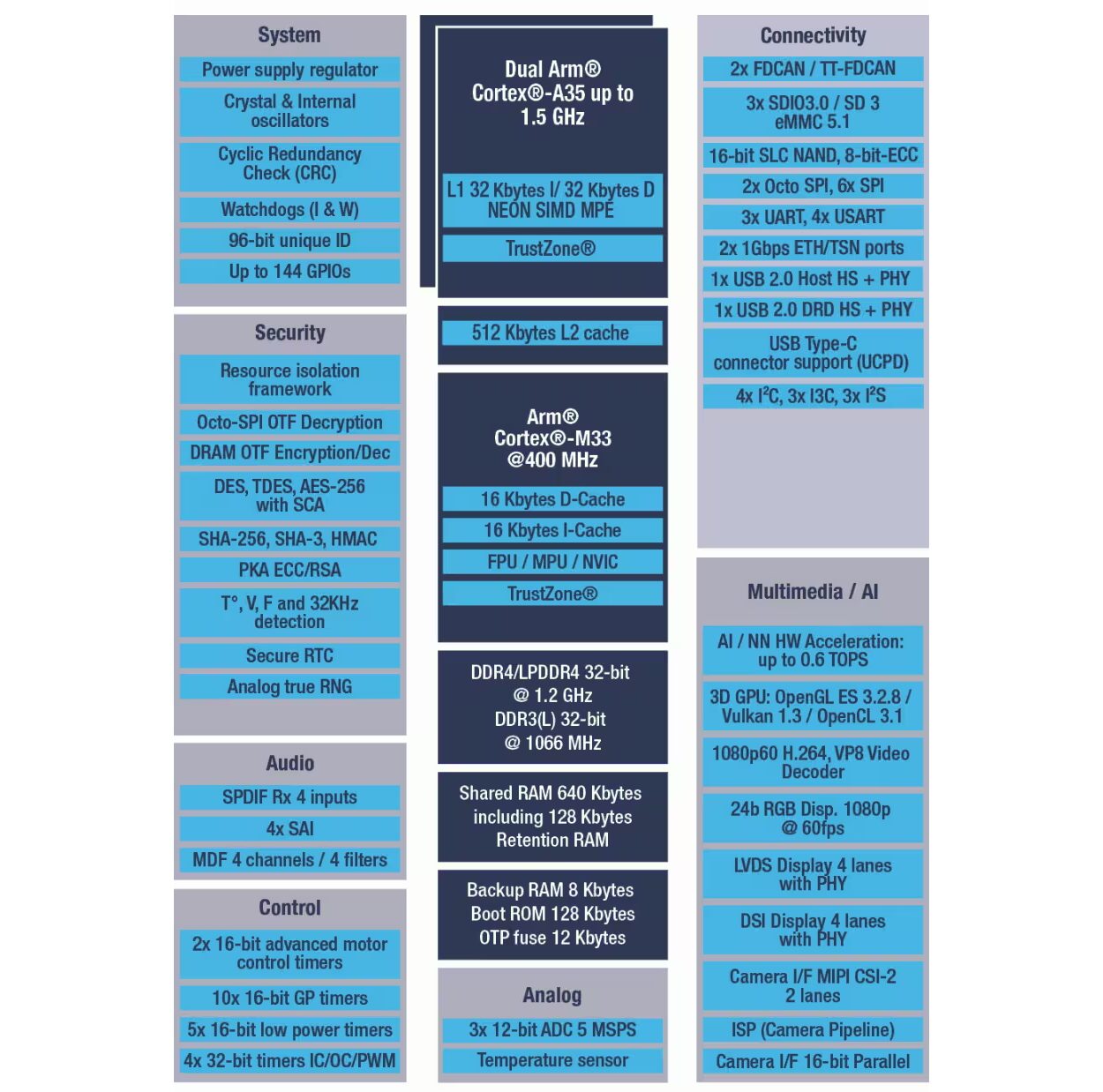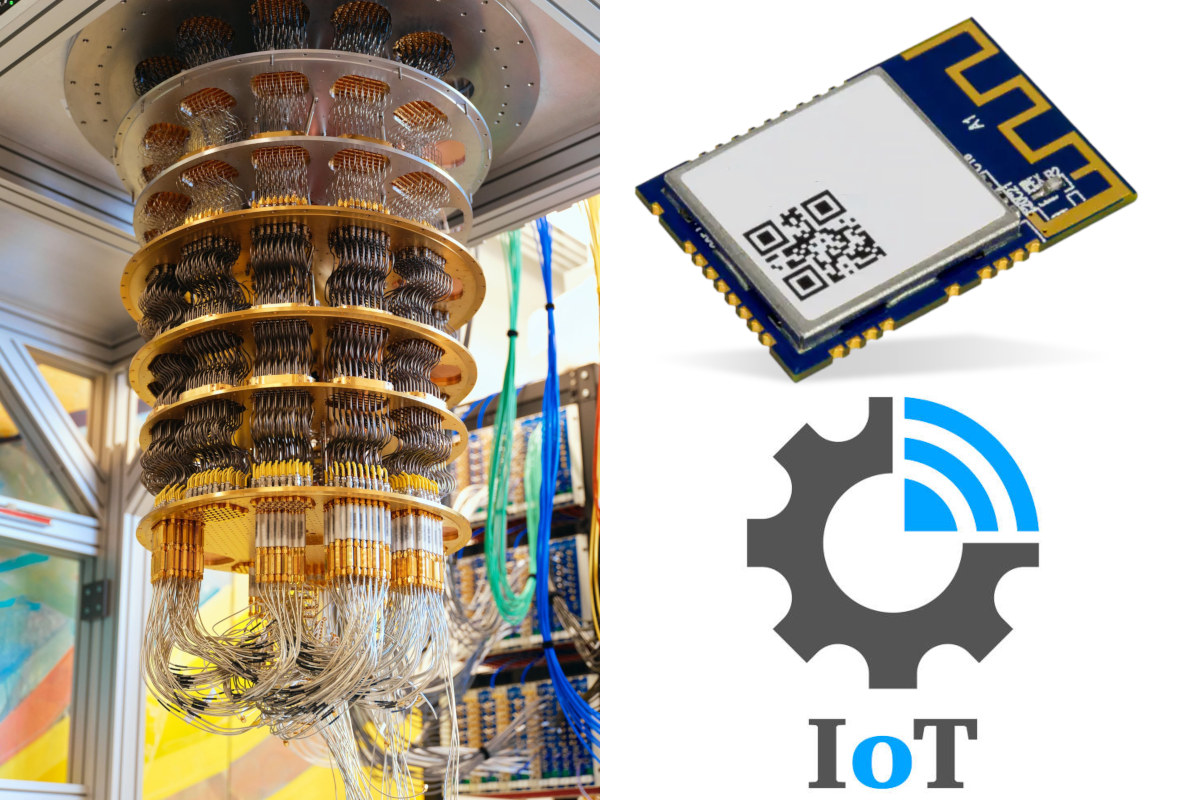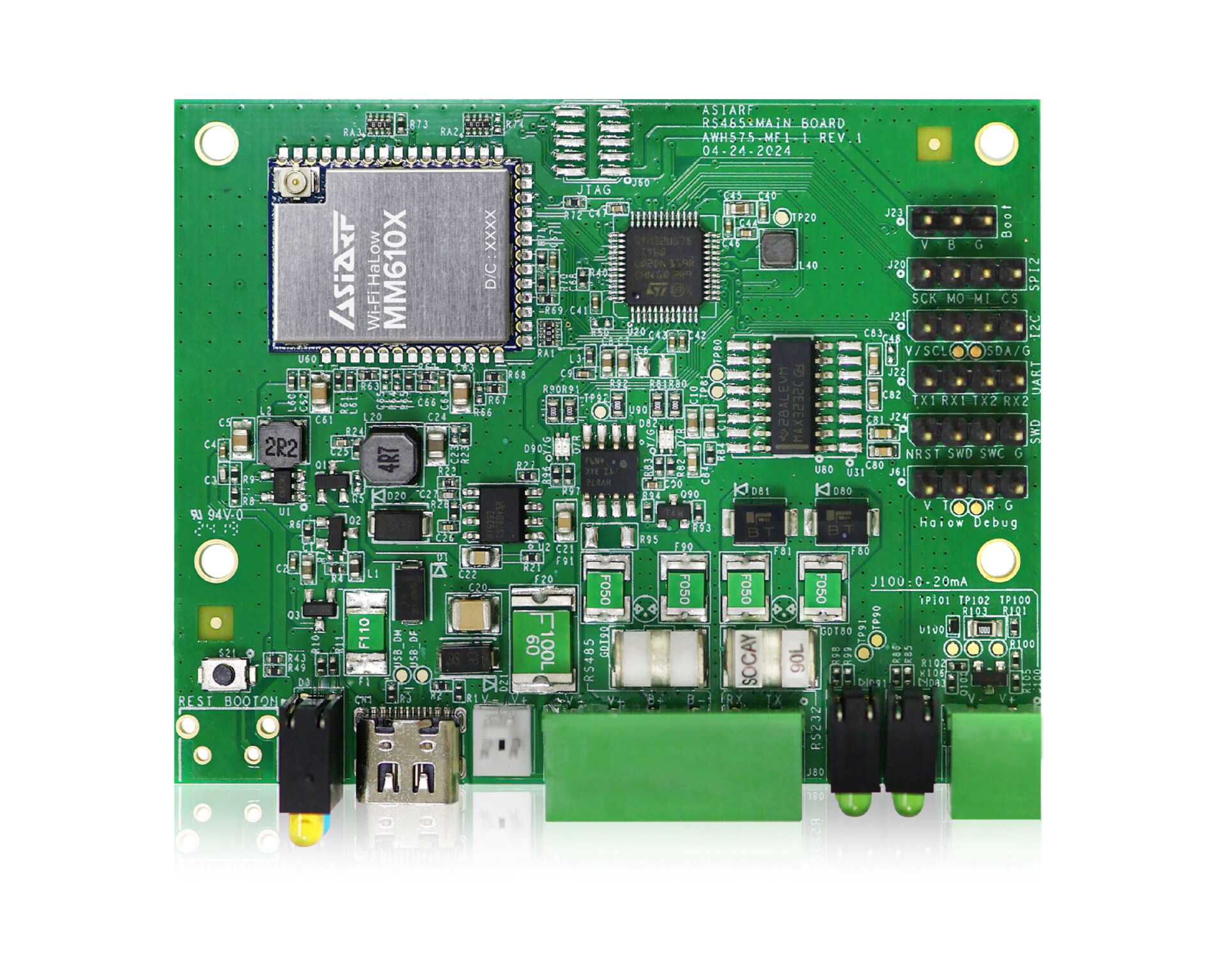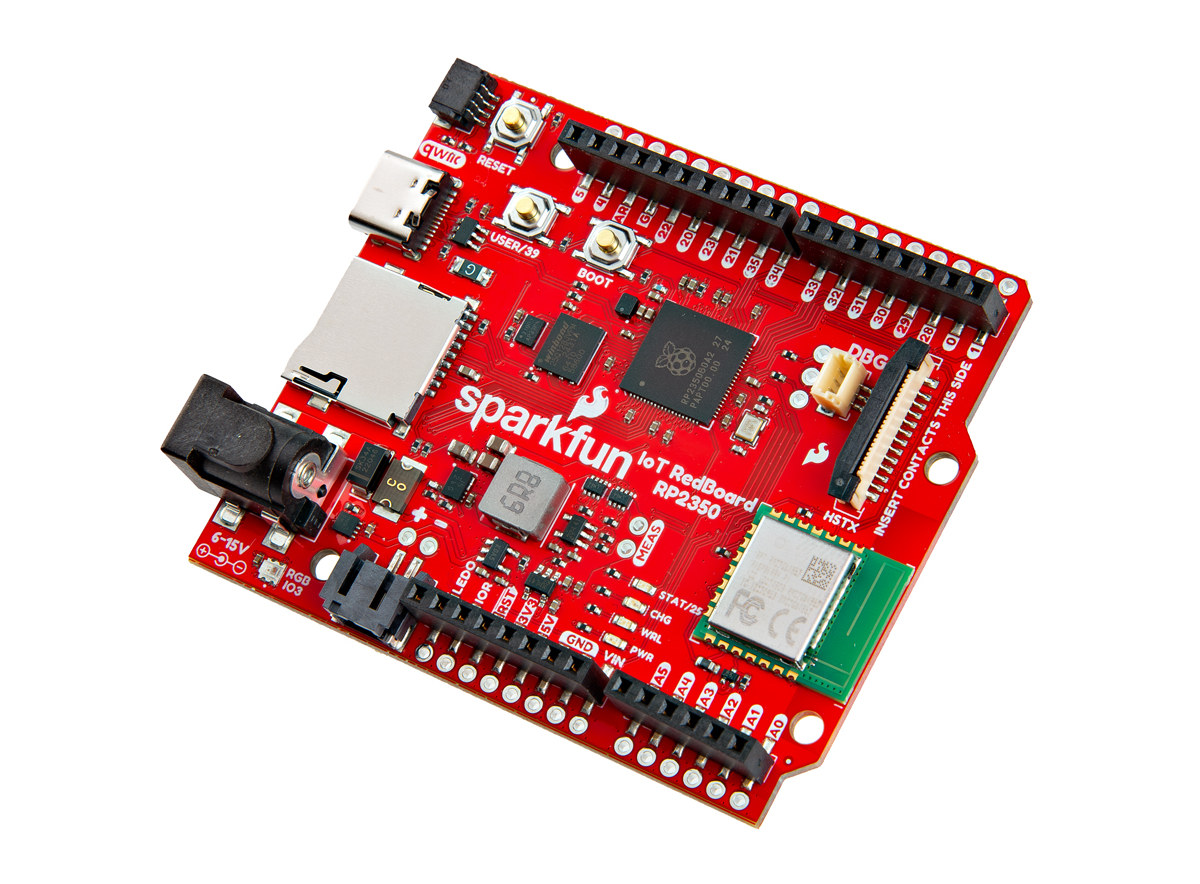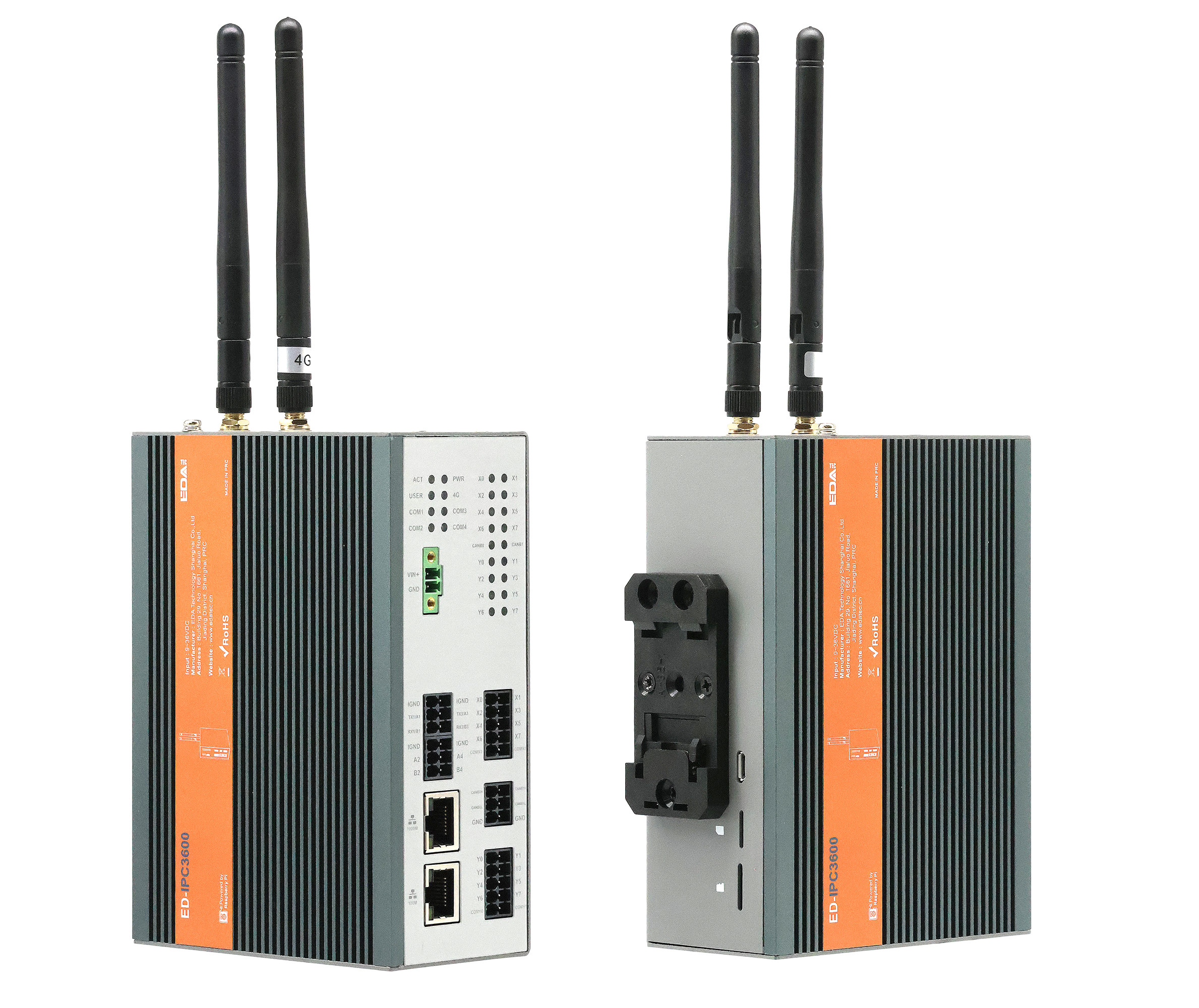US-based Altech Corp has recently announced the DO-1 universal monitor for Modbus devices to enable companies to easily monitor, collect, and analyze their equipment and process data such as temperature, humidity, pressure, vibration, and energy usage without any subscription fees or licenses. The DO-1 is a vendor-agnostic solution that connects to up to 128 RTU-TCP Modbus devices, features 5GB of internal data storage expandable up to 128GB with a microSD card, dual Ethernet, and optional WiFi and Bluetooth connectivity. The device also implements dual power input with a 12V/24V DC input via a terminal block, and 5V via micro USB as power backup. Altech DO-1 specifications: Storage 5GB for data storage (I assume from 8GB eMMC flash) MicroSD card slot up to 128GB Networking 10/100Mbps Fast Ethernet RJ45 port (LAN1) Gigabit Ethernet RJ45 port (LAN2) LAN1 and LAN2 can be configured in switch or 2-port mode Optional WiFi 802.11 b/g/n […]
Microchip SAMA7D65 Cortex-A7 MPU comes in SoC and SiP packages with up to 2Gbit integrated DDR3L memory
Microchip has recently released the SAMA7D65 MPU, a high-performance Arm Cortex-A7 embedded processor designed for HMI and connectivity applications across industrial, home, medical, and appliance markets. The MPU is available in both System-in-Package (SiP) and System-on-Chip (SoC) variants and features various display interfaces, including MIPI DSI, LVDS, and 8-bit Serial RGB interfaces, along with a 2D GPU for graphical acceleration. Memory and storage options include support for 16-bit DDR2/DDR3/DDR3L and LPDDR2/3 memory, optional 1 Gbit or 2 Gbit DDR3 RAM, NAND Flash, eMMC Flash, and SD card. It features dual Gigabit Ethernet with TSN support, an I3C controller, five CAN-FD interfaces, and three high-speed USB ports. Additionally, it comes with various security features, including physically unclonable function (PUF), secure boot, key storage, and cryptographic accelerators for AES, SHA, RSA, and ECC. Microchip SAMA7D65 SoC/SiP specifications: CPU – Arm Cortex-A7 core up to 1 GHz Arm TrustZone, NEON, FPU 32KB L1 I-cache […]
STMicro STM32MP23 Cortex-A35/M33 MPU features a 600 GOPS NPU for industrial IoT and ML applications
STMicroelectronics STM32MP23 is a dual-core Cortex-A35 general-purpose microprocessor (MPU) with a Cortex-M33 real-time core, and 600 GOPS of performance operating at up to 125°C and designed for industrial and Internet-of-Things (IoT) edge computing, advanced HMI, and machine-learning (ML) applications. It follows the STM32MP25 series unveiled in 2023 and launched the following year as the first member of the STM32MP2 family. The STM32MP23 is a cost-down version of the STM32MP25 with similar specifications (and pin-to-pin compatible packages), but the new family has a weaker 0.6 TOPS NPU, and tops at two Ethernet ports for the high-end parts instead of three. Ditto for CAN Bus interfaces (2x vs 3x). Other changes include a 16-bit memory interface and the lack of PCIe and USB 3.0 interfaces. STM32MP23 specifications: CPU – Single or dual Arm Cortex-A35 cores running at up to 1.5 GHz or 1.2 GHz with 512KB L2 cache Real-time MCU – Arm […]
Batteryless 7.5-inch NFC-powered e-paper display V2 gets new NFC chip and “fast flashing method”
Back in 2020, we wrote about Waveshare’s Batteryless NFC e-paper display, which can work without a battery and draws power and data from an NFC-enabled smartphone or the company’s ST25R3911B NFC board. Waveshare has now released a V2 version of this display with a new and improved NFC chip, a “fast flashing method”, and enhanced contrast. The new batteryless, 7.5-inch NFC-powered e-paper display features an 800×480 resolution and updates via an NFC-enabled smartphone or reader. It offers a 170° viewing angle and comes in a durable ABS plastic shell. The ST25R3911B NFC board allows updates via USB, SD card, or serial port, with an optional password lock. However, precise NFC positioning is required for updates. These features make it ideal for shelf labels, equipment tags, and other applications. Waveshare 7.5-inch NFC e-paper display V2 specifications: 7.5-inch e-paper display 800×480 resolution Display color black and white 170° viewing angle Refresh Time […]
Preparing IoT Security for the Quantum Computing Era
CNXSoft: This is a guest post by Avishay Shraga, Sr. Director (CTO), Head of Security Technologies at Sony Semiconductor Israel, discussing IoT security as quantum computing draws near. The key to modern asymmetric cryptography is to create an equation that is easy to solve in one direction but difficult to reverse by an adversary in the other direction. Traditionally, this was done through modular arithmetic, where a large prime modulus and a generator were used to generate a key, although there are multiple methods to do so. The strength of this one-way function is measured by the time and computing power needed to reverse it. ECC 256, considered by many to be one of the gold standards in modern cryptography, would take millions of years to crack using current computing and capabilities. Today’s encryption standards are more than adequate in securing real-time and historical data in IoT devices. However, as […]
AsiaRF AWH575-MF1 WiFi HaLow industrial IoT controller offers RS232, RS485, I2C, SPI, UART, and ADC interfaces
AsiaRF AWH575-MF1 is a WiFi HaLow industrial IoT controller / remote control kit with RS232, RS485, I2C, SPI, UART, and 12-bit ADC interfaces to connect sensors or actuators and designed for long-range, low-power M2M communication. The board is comprised of an STMicro STM32U5 Cortex-M33 microcontroller to handle I/Os and communicate with an MM6108 WiFi HaLow (802.11ah) module made by AsiaRF. The board takes power from a USB-C port or optionally from a terminal block supporting a wider 9V to 24V DC input. AsiaRF AWH575-MF1 specifications: MCU – STMicro STM32U585CIT6Q CPU – Arm Cortex-M33 core @ 160 MHz Memory – 786 KB SRAM Storage – 2MB Flash Wi-Fi HaLow AsiaRF 802.11ah module based on Morse Micro MM6108 chipset Frequency Range – 902MHz to 928MHz Channel bandwidth – 1/2/4/8MHz Data Rate – Single-stream max data rate of 10 Mbps Transmit Power – 21dBm +/-2dBm @ MCS 0 Modulation – BPSK/QPSK/16 QAM/64 QAM […]
SparkFun IoT RedBoard – Raspberry Pi RP2350 or ESP32 WiFi & Bluetooth boards with Arduino UNO R4 form factor
SparkFun has just launched the “IoT RedBoard – RP2350” and “IoT RedBoard – ESP32” boards with Arduino UNO R4 form factor based on respectively Raspberry Pi RP2350B + RM2 wireless module and ESP32-WROOM-32E WiFi and Bluetooth module. Both boards feature Arduino UNO headers and a Qwiic connector for expansion, a microSD card for storage, battery support, USB and DC jack power input, plus a few buttons and LEDs. The RP2350 board also adds an HSTX connector mainly useful for controlling HDMI or SPI displays. Sparkfun IoT RedBoard specifications: MCU sub-system and wireless RP2350 model MCU – Raspberry Pi RP2350B CPU Dual-core Arm Cortex-M33 @ 150 MHz with Arm Trust zone, Secure boot Dual-core RISC-V Hazard3 @ 150 MHz Up to two cores can be used at any given time Memory – 520 KB on-chip SRAM Memory – 8MB PSRAM Storage – 16MB Flash Wireless module – Raspberry Pi RM2 2.4 […]
EDATEC ED-IPC3630 Raspberry Pi CM5-powered industrial PC gets eight DI, eight DO, and two CAN Bus
EDATEC ED-IPC3630 is an industrial PC (IPC) built around the Raspberry Pi Compute Module 5 (CM5) with up to 8GB RAM and designed for industrial automation, IoT, and control applications with features like a wide 9V to 36V DC power input and a DIN-rail mount. The industrial computer also offers dual GbE, optional WiFi 5 and/or 4G LTE cellular connectivity, HDMI video output, a few USB ports, eight digital inputs (DI), eight digital outputs (DO), and two CAN Bus interfaces. ED-IPC3630 Specifications: SoM – Raspberry Pi CM5 SoC – Broadcom BCM2712 quad-core Cortex-A76 processor @ 2.4GHz with VideoCore VII GPU System Memory – 2GB, 4GB, or 8GB LPDDR4-4267 SDRAM (the 16GB model is not offered, maybe due to supply issues) Storage – Options for 16GB, 32GB, or 64GB eMMC flash Wireless – Optional dual-band WiFi 5 and Bluetooth LE 5.0 module Storage M.2 Key-B socket optionally fitted with 128GB, 256GB, […]


